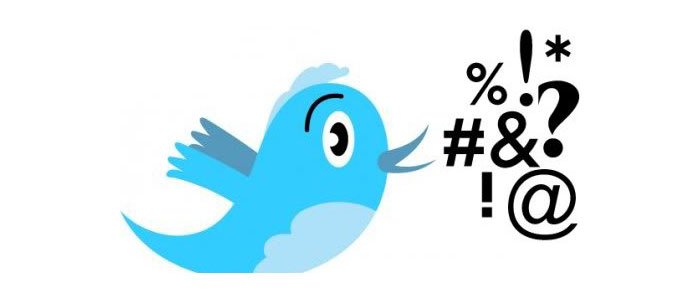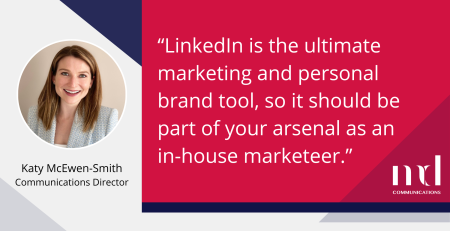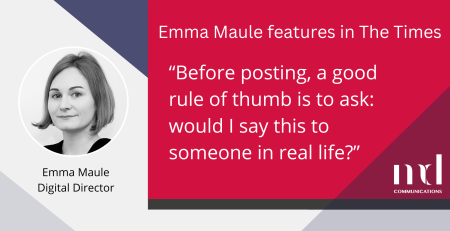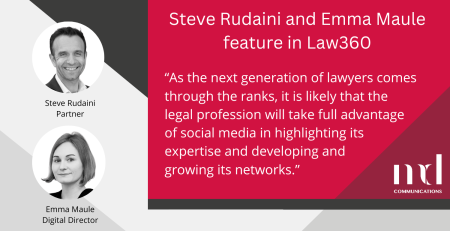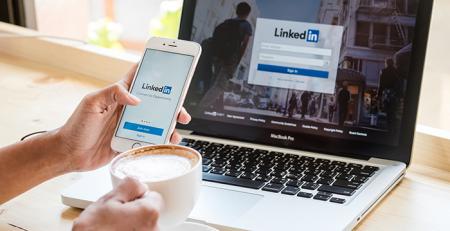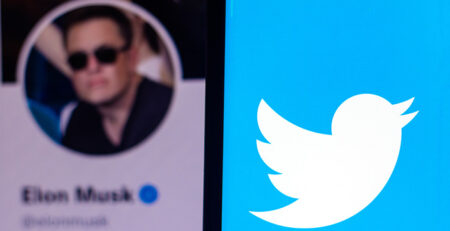Sadly, homophobia is still a problem in the UK. However, it’s not that often you come across a public figure openly and brazenly flouting the acceptance and openness for which British society has become so well known.
In what must be the best recent example of just how much professional trouble you can get into airing your views on Twitter, Labour councillor Chika Amadi has been suspended from the party pending an investigation after remarks she made on the social media platform about Pride marchers.
According to Pink News Ms Amadi used her Twitter account (and its 311 followers) to share posts from an anti-LGBT website showing Pride parade marchers with the caption “Nothing but paedophilia being labelled liberalism adults polluting children with their senselessness.” Hello 1965.
The number of homophobic hate crimes increased 12% last year and as a councillor – and a pastor no less – you would have thought Ms Amadi might have more of a sense of responsibility than to use the social platform to make such inflammatory statements, whatever her personal views.
But she didn’t stop there; she also went on to describe the marchers as ‘evil’ and threatened that the ‘Consuming Fire God’ she served would put them to ‘sudden sleep’. Ok then.
Aside from the lessons in tolerance that could be learned here, there are some social media best practice points to take on board too.
It doesn’t matter if you only have 311 followers. Your platform might be tiny but all it takes is one person to screenshot your tweets and send them onward and you could end up a viral sensation just like Ms Amadi – and then get suspended from your job.
Social media is like lighting the touch paper these days. Have you noticed how many stories that make it all across the mainstream press have started out on social media? Trump’s Twitter account is obviously manna from heaven for journalists but you don’t have to be well known to make the transition.
What happens on social media doesn’t stay on social media. The negative implications of this are obvious but there are positives too – social media is a great springboard for your stories if you know how to place them.
Crisis management on social media is an entirely different beast. And it’s easy to get it wrong. Chika, for example, chose to ignore the spiralling whirlwind of attention (bad move number one) and to keep threatening the wrath of god to anyone who disagreed with her. When that didn’t work she resorted to blocking anyone who responded to her rantings – and many, many people responded (148 to her most recent tweet). Which just resulted in another swathe of comments from the people being blocked, which carried her name even further.
Twitter isn’t for everyone. I’ve talked before about how important it is to find the social platform that suits you. However, I have to be honest, social media of any kind isn’t always a good idea for everyone.
Some people are naturals – like Eddie the saviour of Southern Rail – and others, well, they’re just not. Think very carefully about whether this kind of oversharing is for you, the implications it could have for your career and whether you really want to reveal so much of yourself that publicly.
And if you’ve got any hesitations then either take some advice from comms experts like us – or maybe just don’t do it at all.


